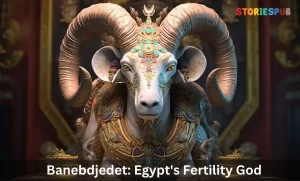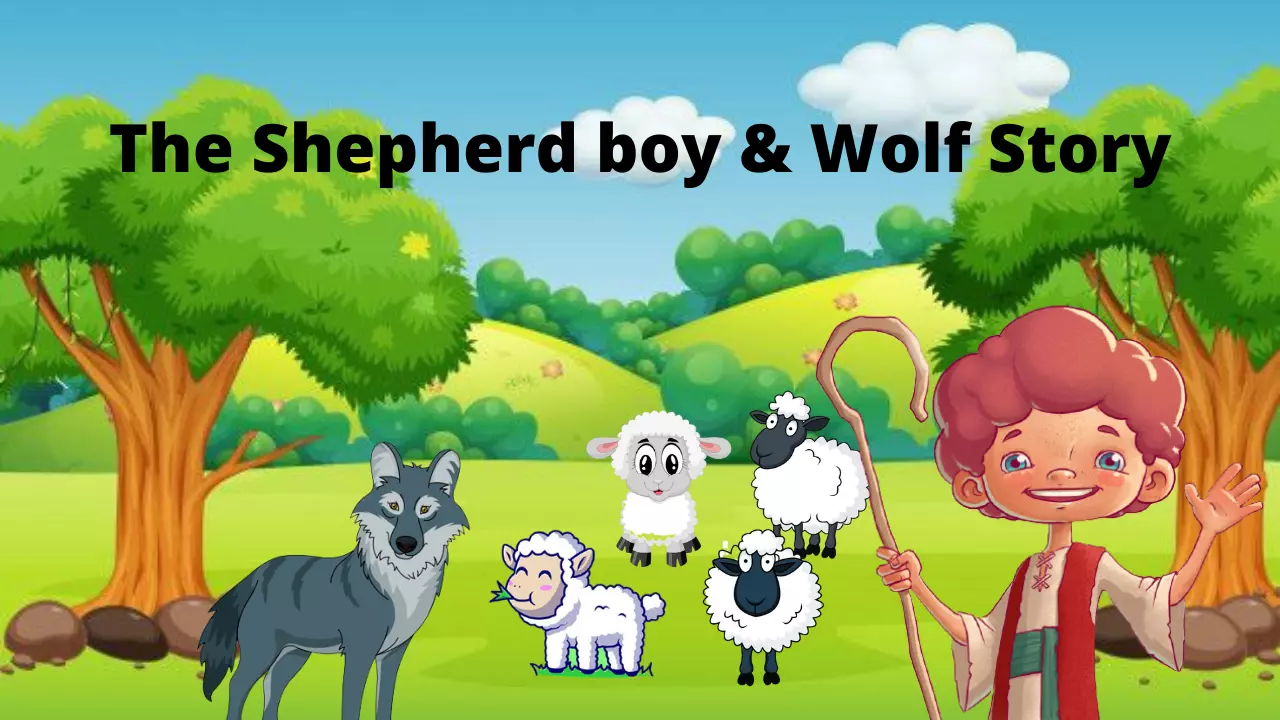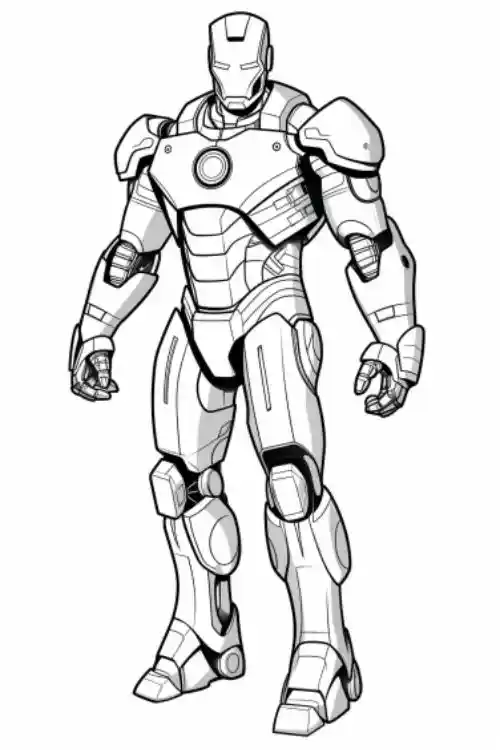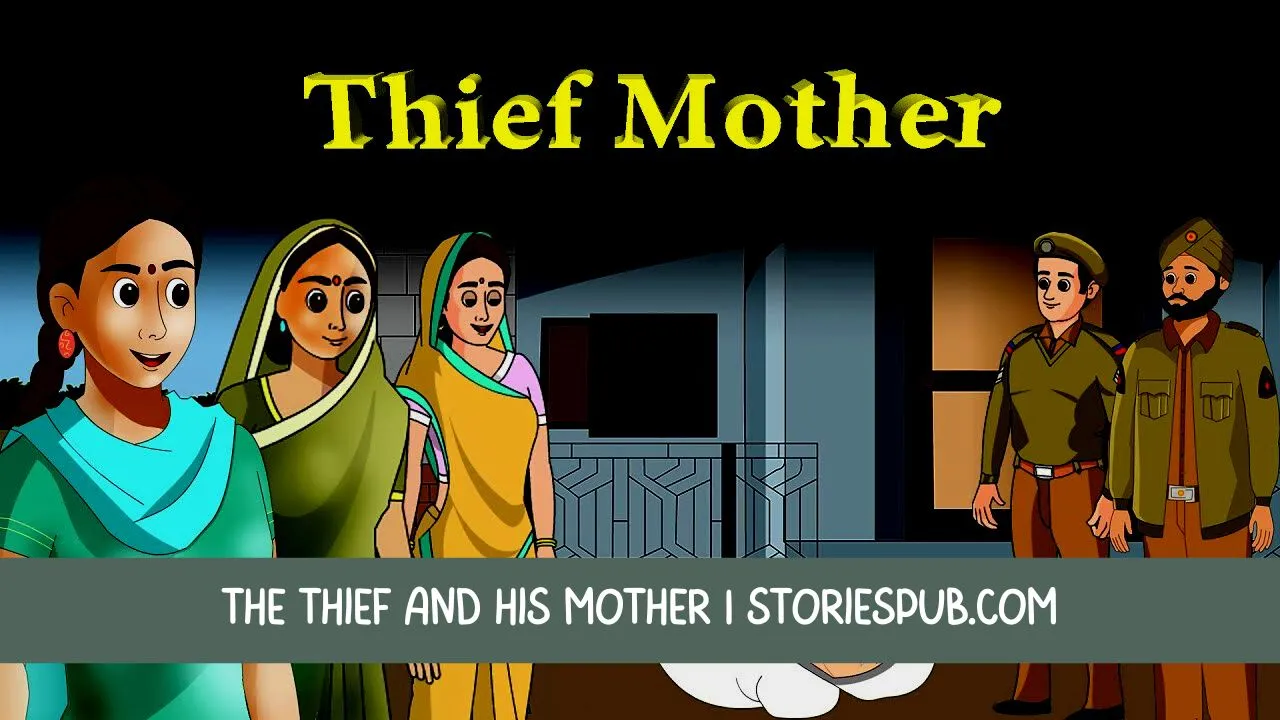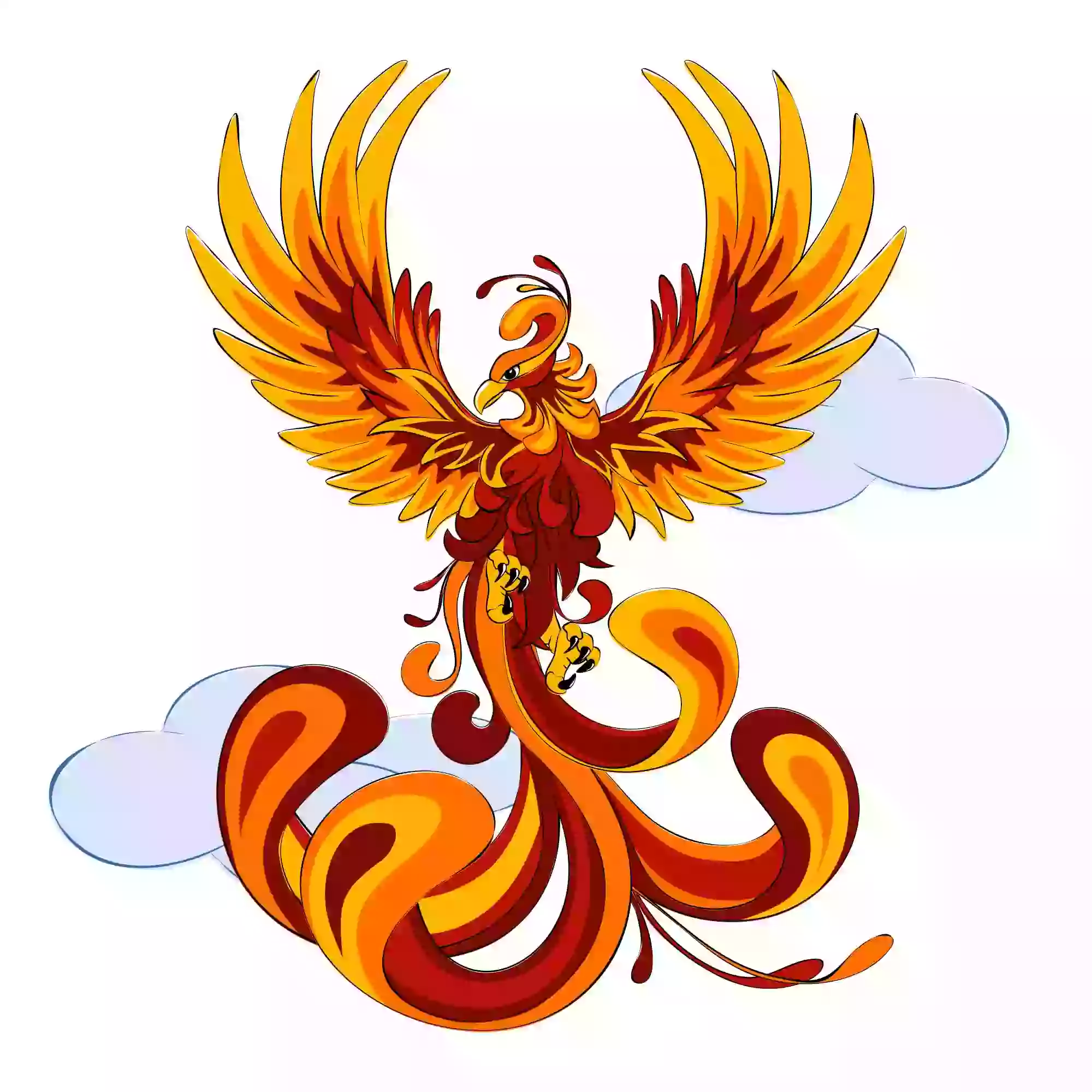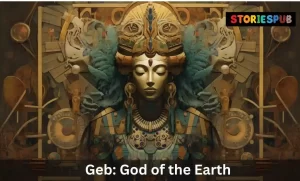
Geb
Geb – The God of the Earth in Egyptian Mythology The Introduction Egyptian mythology is full of gods and goddesses who represented different aspects of life and nature. Geb was one such god, who played an important role in the Egyptian belief system. He was the god of the earth, and his name literally meant “earth” in ancient Egyptian. Geb was believed to be one of the oldest gods in Egyptian mythology, and he had a prominent place among the Ennead, a group of nine gods who were believed to have created the world. He was often depicted as a man lying on his back with his arms and legs outstretched, while his sister/wife Nut arched over him as the sky. This image symbolized their close relationship as well as their powerful influence over the natural world. Geb’s importance in Egyptian mythology can be seen through various myths and legends

